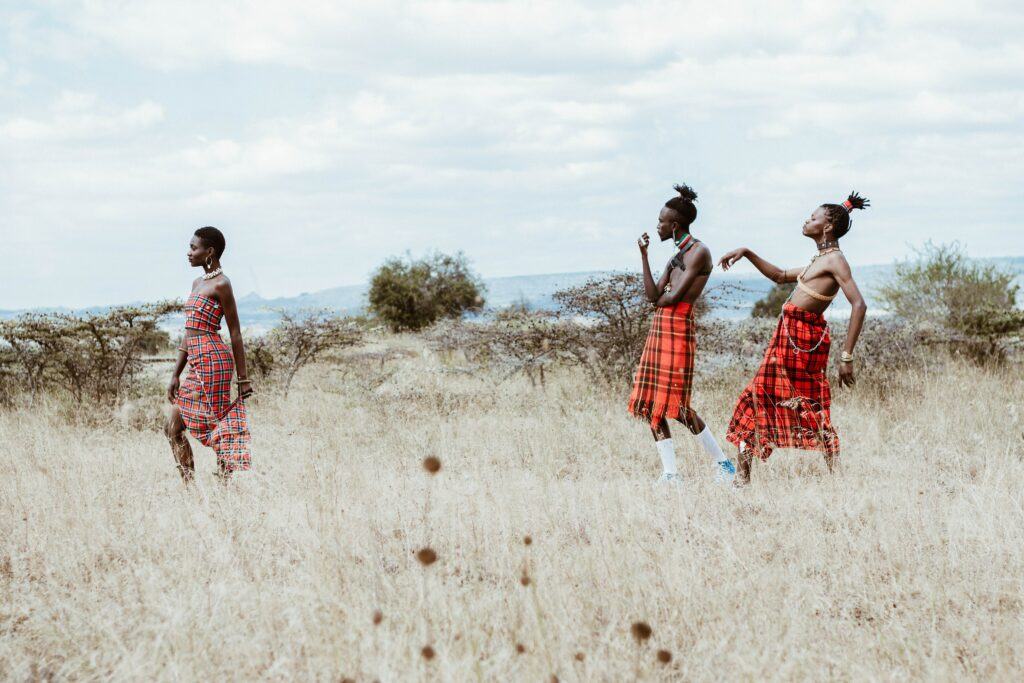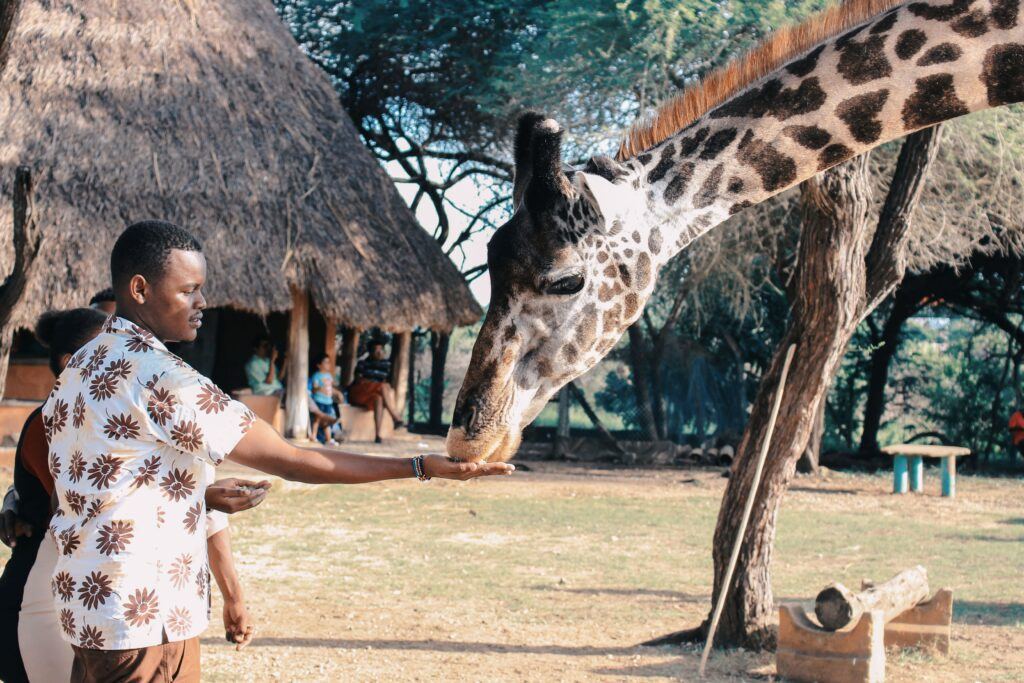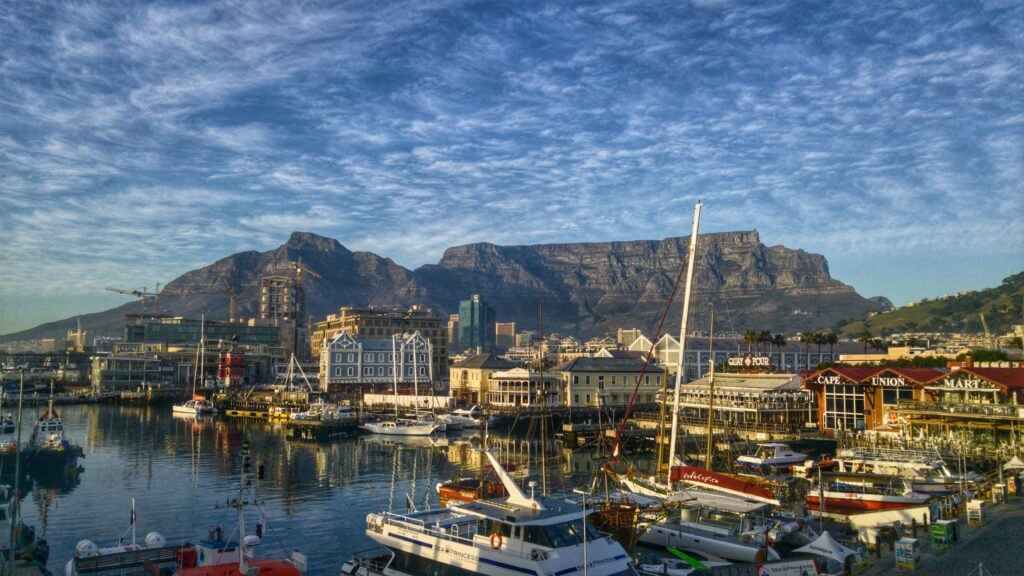African Myths were believed by several people around the world. We can’t dispute how far we’ve come as a species. Awe-inspiring things are happening all across the planet.
A lot of injustice and misinformation persists in the world, particularly at the global level. Stereotypes are a threat to the growth of civilization because they encourage people to believe in myths. Misinformation, a lack of understanding, and preconceptions are the primary causes of these falsehoods.
It’s always hot in Africa, right?
It is known as Northern Africa, whereas the rest of us is known as Sub-Saharan Africa, including the Sahara Desert. This will occupy almost a third of Africa’s land area.
Indeed, desserts don’t have to be hot all the time, and much of Africa isn’t. Many people believe that the great majority of Africa is a blazing hot and arid region of emptiness because of this reality.
Secondly, Africa is a country:
Africa is the world’s oldest continuously inhabited continent, consisting of 54 separate countries. It is second only to Asia in terms of the world’s total surface area when it comes to size.
Different subcultures exist in each African country, which is distinct from each other. Among the most common misconceptions about African Myths is that it is a single country or consists of just a handful.
As part of the “Scramble for Africa,” various countries, especially Germany and France, sought to govern over areas of Africa. More than a quarter of the world’s independent countries are located in Africa, home to a population of more than 1 billion people.
About 170 million people speak Arabic, which is the most widely spoken language in Africa’s countries. For this reason, people all across the world tend to think of it as a single country. They also speak English, Swahili, French, Portuguese and Spanish, and many other languages are spoken in Africa.
Lack of innovation in African Myths:
People in some African countries lack access to education and resources, and this is a fact that needs to be acknowledged. They make the most of what they have available to them. They have a great deal of creativity and resourcefulness.
African Myths have limited resources and they may not be able to keep up with their peers in other parts of the world. This does not imply that all Africans are opposed to the use of modern technologies. The countries have been altered by mobile technology since it is more accessible than a computer.
It is forecast to see a 20-fold increase in mobile data usage by 2019, double the global average. 70% of Africa’s population is under 30 years old, proving that the oldest continent has many young residents.
Along with the continent’s rapid urbanization, Africa’s young population is a prescription for further positive transformation. More than 50 cities in the continent have populations of more than a million people. They make about 39% of the population in urban areas.
Everyone in Africa Is a Poverty-Inducing Victim:
There are many misunderstandings about Africa, including the belief that everyone is poor and no new industries or prospects. Nigeria, Libya, Algeria, and Egypt account for 90% of Africa’s gas exports each year.
Many people fail to realize that not all African Myths countries are impoverished and that they are relatively wealthy in many growing sectors.
Oil and gas are abundant in Africa.
But there is evidence to sustain a position as a future leader in oil and gas, regardless of how swiftly global markets evolve. Although much of Africa’s potential for oil has yet to be discovered, it is expected to rise dramatically during the next two decades. There are also a lot of mineral resources in Africa.
Disease-Ridden in Africa:
This is the fifth African Myth. Health care is lacking in many, but not all, of Africa’s countries. There has been a lot of disinformation around the Ebola epidemic, which has led to much hysteria and falsehoods. This virus sickness and the HIV/AIDS epidemic in Sub-Saharan Africa have received worldwide attention (EVD).
Anguish and swift death have fueled the furious response to the sickness. According to the latest available data, the disease has spread to three African countries as of April 2015.
Sierra Leone is a country in Africa. Liberia Guinea The Ebola outbreak has sparked a lot of panic and misinformation. As a result, there are widely held misconceptions about the people of Africa around the world.
Visiting Africa Is Dangerous is one of the African Myths:
Many individuals have the mistaken impression that traveling to any part. Africa is dangerous because of the continent’s negative connotations and widespread misunderstandings. Many people worldwide only hear about the continent’s wars, disease, and poverty because of the negative coverage of global news.
Rarely do we hear about Africa’s growing middle class or its stunning landscapes in the media. When visiting a new nation, it’s usually a good idea to take the usual precautions. However, there are many safe places in Africa that you may still visit, although you may want to avoid some of the country’s more dangerous areas.
Some sections of Africa may not be suitable for international visitors, the continent as a whole is safe to visit. Innovative traveler programs and vaccinations are just some of the precautions you may take before you leave, such as identifying where the nearest embassy is and signing up for a traveler’s card.
All African governments and politics are tainted. When it comes to making further developments, young entrepreneurs are unrelenting. The peoples will undoubtedly continue to grow as a result of their commitment to constructive change.
A rebel and anti-apartheid politician, Nelson Mandela, was awarded the Nobel Peace Prize in 1993 for his work in South Africa. Corruption and dishonesty are often believed to permeate every element of African Myths.
The region has had its share of tainted leaders. Africa has had some notable presidents in the past. In 2011, the Nobel Peace Prize went to three women, two of whom were African.





